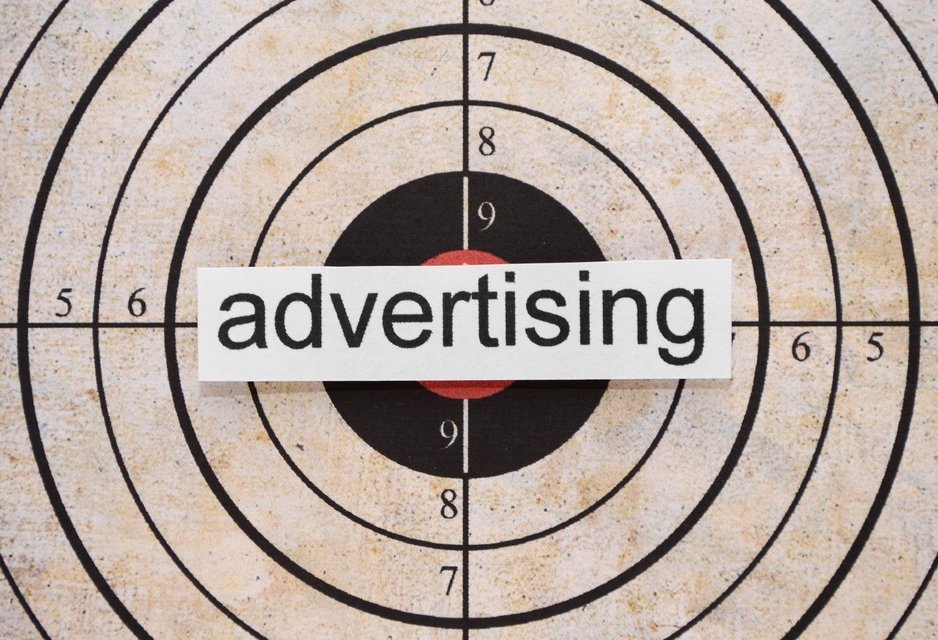In this article published in the Forbes Magazine, Micheal Blending talks search vs display ads.
Has it become easier for marketers to measure the impact of an advertising campaign since the Internet has become the biggest communication means? Obviously yes, according to Sunil Gupta Edward W. Carter Professor of Business Administration and Head of the Marketing Department at Harvard Business School.
One good reason for that is that online marketing is more measurable than traditional marketing. How measurable is it? If we look a little bit closer, it is not that easy to calculate the ROI (return on investment). Plus, there is not only one way to do online advertising.ads
Are search ads more measurable than display ads?
Search ads, which are linked to search queries, are the most measurable form of online advertisement. They have the advantage to directly relate to a purchase decision. That\’s why they\’re supposed to work better than display ads, more visible but less likely to be translated into direct clicks although they can drive customers down the funnel.
First of all I really want to insist on the fact it depends on the market. This is not necessarily true, for several reasons:
1. Internet users go through different phases when they do a search query and search ads can respond more or less efficiently to their needs. For example: searching for \”plumming tips\” is different than typing \”plumming emergency\”, its the same with display ad, depending on wich site they will show up
2. In the case of retargeting, based on the fact that an average 80-90%, people originally arrive on a website through different channels (organic search, paid search, etc.) and leave before making any purchase, the banner displayed in a retargeting campaign will occur in a more advanced stage of the buying process. Retargeting is a form of advertisement where a tracking cookie installed on the computer of the people who didn\’t buy or fill up a web form trigger banner ad in different places that they visit on the web.
3. It\’s also said in the article that display is more for branding and search for direct marketing. The fact is that it\’s only the decision of the company to do so. A savvy marketer will create a direct response campaign with a strong call-to-action driving traffic to a landing page where the visitor is strongly encourage to perform an action. It\’s not about branding, it\’s about filling up a sale funnel. If you have millions dollars to spend like Mc Donald\’s or Ford you may be forced by the direction of your company to do branding campaign, but who is doing pure branding campaign right now. Most advertisers come from small and medium businesses and are more concerned about return on investment vs. brand recognition.
Now let\’s talk about the example of the bank account:
In fact, the researchers found that in the long run the cost for each bank account application for search ads was $38. But the cost per application for display ads was actually $57. “Once you look at those numbers, I saw that the company should be spending more money on search ads,” says Gupta, admitting “that’s a bit counterintuitive given where we started.”
This article only mentions CPA (cost per aquisition). What would really be interesting to know is the total profit generated by the PPC vs the display ad. Let\’s take the scenario where is that they are maxing out the PPC, with, let\’s say a hundred of new subscribers a week where display brings them five hundreds. So as a marketer, with the bottomline in mind, I wouldn\’t suggest anybody to reduce the display spend in favor of PPC because it makes no sense at all. We would rather optimize all the marketing channels to increase the profit of each one, because in business it\’s not A or B, it is A+B.
For more information, visit our page about paid advertising management.
In conclusion, this article published in the Forbes magazine is not of any help to serious marketers who need to build an effective multimedia strategy or gain market shares over fearce competition. If we decrease our spend in display to stop paying 57$ for a new customer, will our competition have it for 56$ now that we left the turf?
Go to Search vs. Display Advertising: Which Promises More Bang for the Buck? on Forbes Magazine


If we exclude retargeted display ads, I think search ads are much more effective than display ads both in branding and converting. I came across a statistic last year on Amazon’s marketing budget that said they spent 91% of their budget on search.